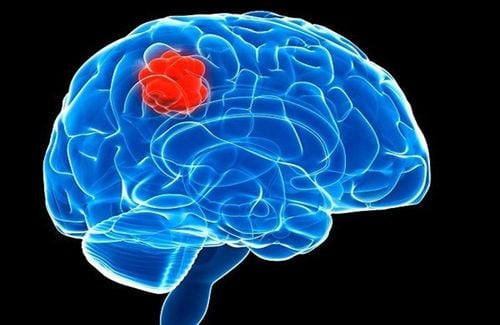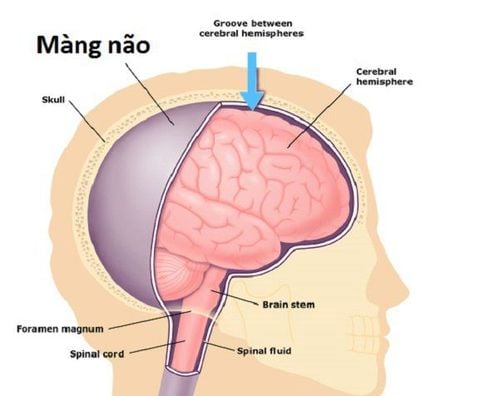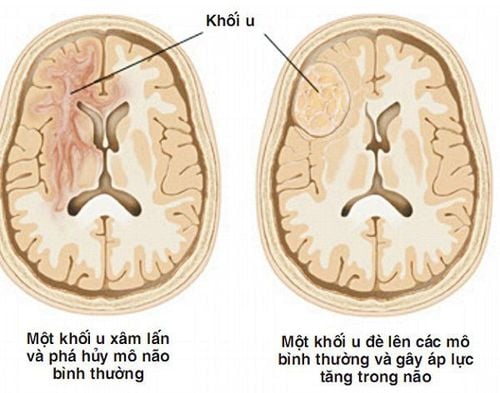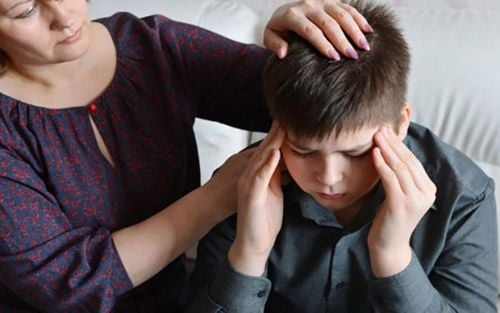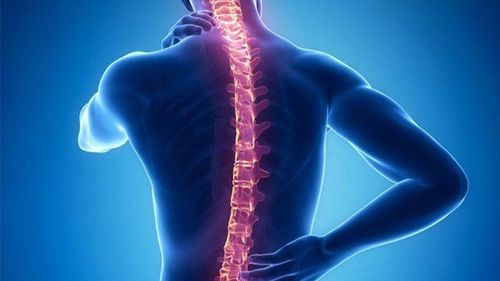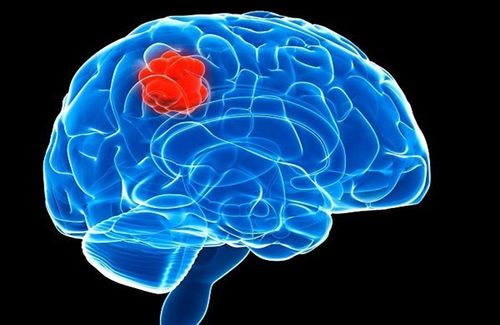This is an automatically translated article.
The article is professionally consulted by MSc, BS. Dang Manh Cuong - Doctor of Radiology - Department of Diagnostic Imaging - Vinmec Central Park International General Hospital. The doctor has over 18 years of experience in the field of ultrasound - diagnostic imaging.Computerized tomography of the brain without contrast injection is an imaging technique widely applied in the diagnosis of neurological diseases. Cranial computed tomography is indicated for effective examination of intracranial and cranial pathologies, including intra-axial brain tumors.
1. Some signs of suspected brain tumor require a CT scan of the brain
Brain tumor has a lot of potential symptoms, some of the following typical symptoms can suspect a brain tumor that we can't be subjective:Headache: About 50% of brain tumor patients have this symptom, attacks Headaches are not the same, can be persistent, more painful in the morning, patients have a feeling of nausea and other focal neurological symptoms, pain increases when coughing, exercising... Conventional pain relievers do not relieve headaches. Epilepsy: The tumor presses against the nerve cells of the brain, brain tumor patients have seizures at least once. Changes in personality and mood: Tumors destroy brain function, affect the personality and behavior of the patient, there are certain changes in personality and mood that we pay little attention to. . Poor memory, confusion: Tumors in the frontal lobes and temporal lobes affect the patient's ability to remember, reason and make decisions, with specific manifestations such as difficulty concentrating and confusion. , inability to coordinate thoughts, multi-tasking, short-term memory... Fatigue, nausea, vomiting: May manifest in the early stages of the disease often unnoticed, this is due to the tumor cause hormone imbalance. Depression: People with brain tumors often have a feeling of sadness that lasts longer than usual; loss of interest in things you used to enjoy; lack of energy, trouble sleeping, insomnia ; having thoughts of self-harm or suicide; Feelings of guilt or worthlessness.... Weakness and numbness: Common symptoms in brain tumor patients Symptoms of brain tumors vary from patient to patient. have all of the above symptoms. Depending on the tumor location, tumor type, size and growth rate, the patient will have specific symptoms.
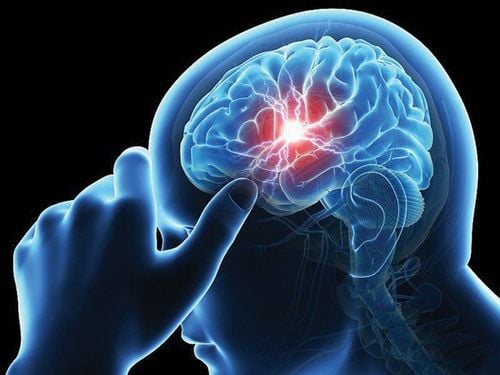
2. Indications and contraindications for brain CT scan without contrast injection
2.1 Indications Cases of traumatic brain injury patients with suspected intracranial bleeding lesions, foreign bodies, skull subsidence... Patients with suspected intracranial diseases such as intra-axial, extra-axial brain tumors Patients encephalitis, brain abscess Cerebral vascular malformations, cavernosal carotid artery shunt... Congenital malformations: Gray matter ectopic, cleft encephalopathy.. Epilepsy patients Stroke: Cerebral infarction, bleeding brain stages (parenchymal bleeding, subarachnoid hemorrhage, intraventricular bleeding...), arterial infarction, venous infarction Patients need to be monitored after treatment, to monitor the progress of hematomas. .. 2.2 Contraindications The patient is overstimulated, cannot lie still. There are many metals in the examination area (cranium) that interfere with the image. Pregnant patients These cases are relatively contraindicated to internal computed tomography. skull without contrast.
3. The procedure of cranial computed tomography without contrast injection for diagnosis of intra-axial brain tumors
3.1 Preparation The facilities for computed tomography, film, cassette, image storage system, computerized tomography order sheet should be prepared in good working order. The radiologist and radiologist will perform a non-contrast computerized tomography (CT) scan of the brain.For the patient, it is necessary to be fully explained about the procedure, remove the earrings, necklace, hairpin... before taking the picture.
3.2 Procedures The patient is lying supine on the table, head first.
Move the table into the machine with beam positioning for the examination area.
Positioning scan:
Set the cranial scan program in two processes on the tent and under the tent (thickness above the tent 7-8mm, under the tent 2-3mm) Conduct beam emission and process the images obtained on the screen workstation, select the necessary images to reveal the pathology for film printing. The doctor reads the lesion, describes it on the internal computer, and prints the results.
3.3 Evaluation of results Symmetrical sections: Good, consistent image contrast: Distinguishing white matter, gray matter Displaying abnormal changes in density, morphology of the brain, meninges, bones, sinuses and soft tissues
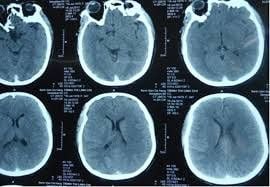
Vinmec International General Hospital with a system of modern facilities, medical equipment and a team of experts and doctors with many years of experience in medical examination and treatment, patients can rest assured to visit. examination and treatment at the Hospital.
Please dial HOTLINE for more information or register for an appointment HERE. Download MyVinmec app to make appointments faster and to manage your bookings easily.
SEE MORE
Signs and features of brain tumors Warning symptoms of brain tumors & how to treat Meningiomas dangerous?





